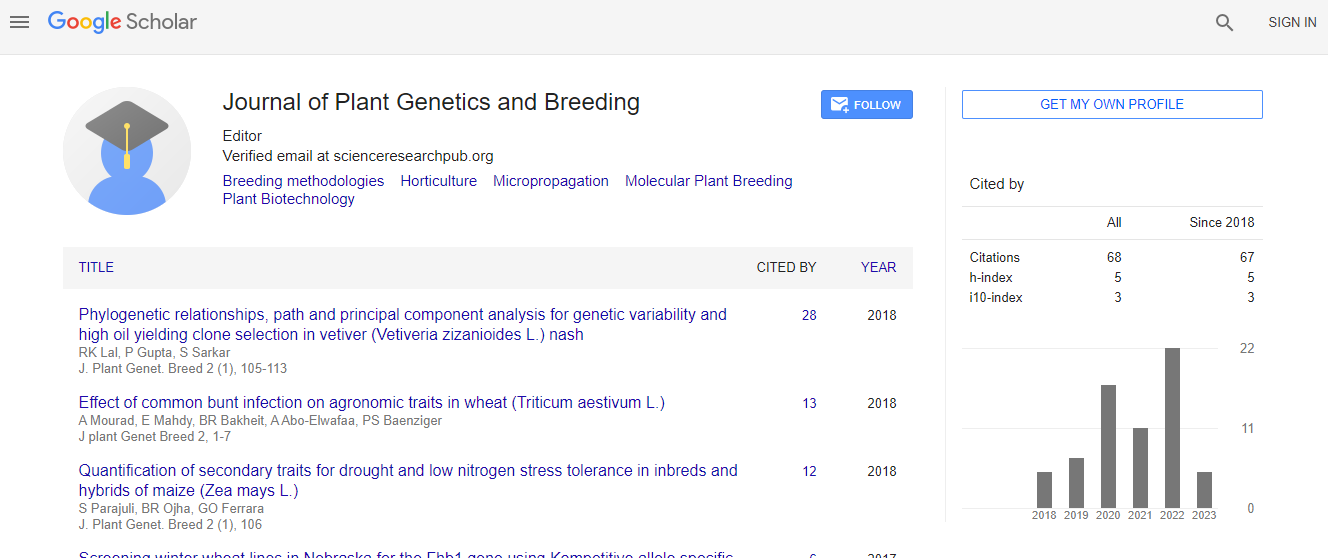Potential application of selected phosphate solubilizing bacteria isolated from Chenopodium quinoa rhizosphere in early plant growth promotion
*Corresponding Author:
Copyright: © 2020 . This is an open-access article distributed under the terms of the Creative Commons Attribution License, which permits unrestricted use, distribution, and reproduction in any medium, provided the original author and source are credited.
Abstract
To meet the worldwide demand for food, smart management of arable lands is needed. This could be achieved through sustainable approaches such as the use of plant growth-promoting microorganisms including bacteria. Phosphate (P) solubilization is one of the major mechanisms of plant growth promotion by associated bacteria. In the present study, we screened 14 strains isolated from the rhizosphere of Chenopodium quinoa plant grown in the experimental farm of UM6P for plant growth-promoting properties including their ability to solubilize phosphate, to produce indole acetic acid (IAA), and to tolerate salt stress. Next, they were identified using 16S rRNA and Cpn60 genes sequencing as Bacillus, Pseudomonas and Enterobacter. These strains showed dispersed capacities to solubilize phosphate (up to 346 mg L−1) following 5 days of incubation in NBRIP broth. We also assessed their abilities for indole acetic acid (IAA) production (up to 795,3 µg ml−1) and salt tolerance. Three Bacillus strains QA1, QA2, and S8 tolerated high salt stress induced by NaCl with a maximum tolerable concentration of 8%. Four performant isolates, S6, QA1, QA2 and QF11, were further selected for seed germination assay because of their pronounced abilities in terms of P solubilization, IAA production and salt tolerance. The early plant growth potential of tested strains showed that inoculated Quinoa seeds displayed greater germination rate and higher growth under bacterial treatments. The positive effect on seed germination traits strongly suggest that tested strains are growth-promoting, halotolerant and P solubilizing bacteria which could be exploited as biofertilizers.

 Spanish
Spanish  Chinese
Chinese  Russian
Russian  German
German  French
French  Japanese
Japanese  Portuguese
Portuguese  Hindi
Hindi 